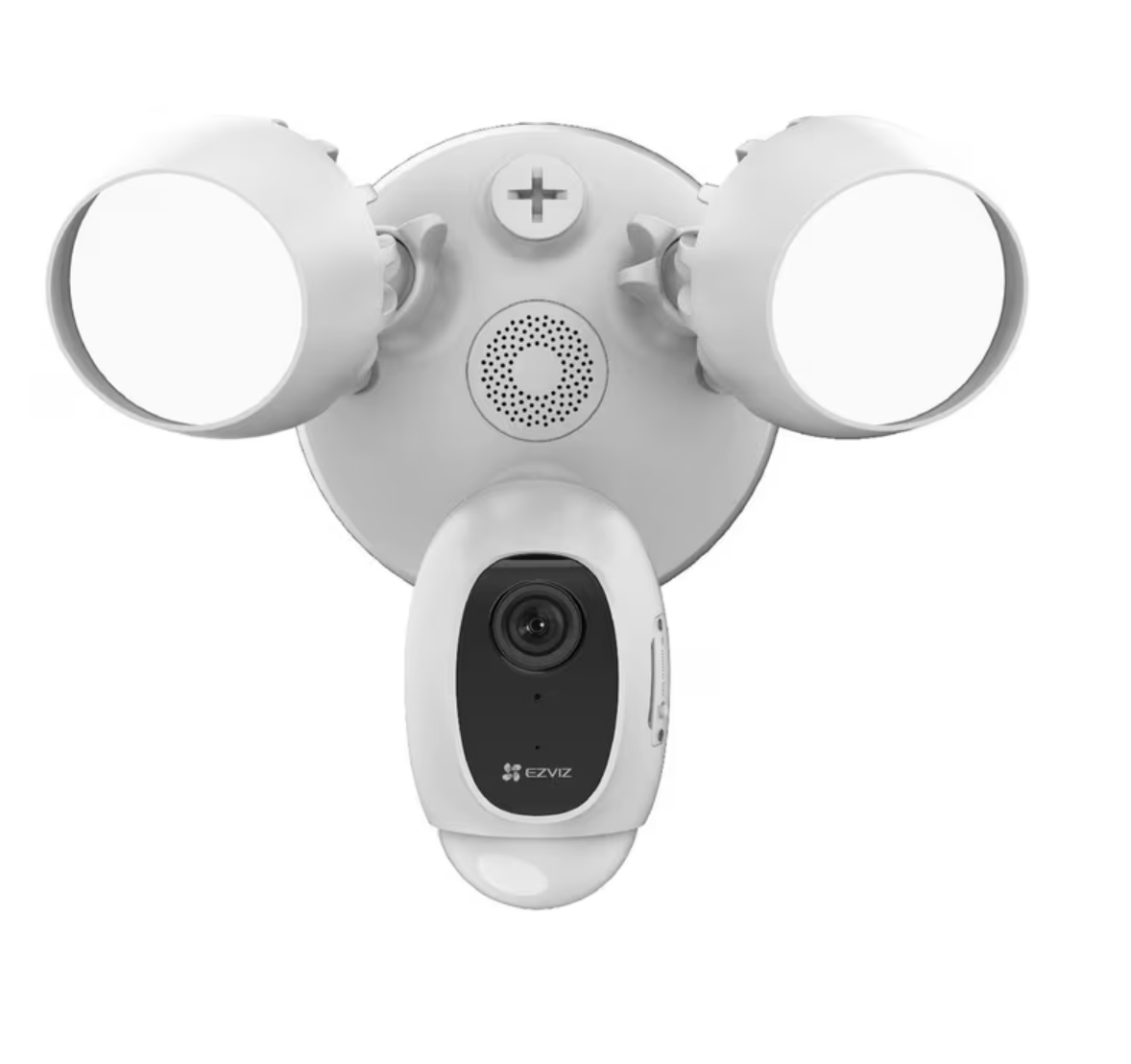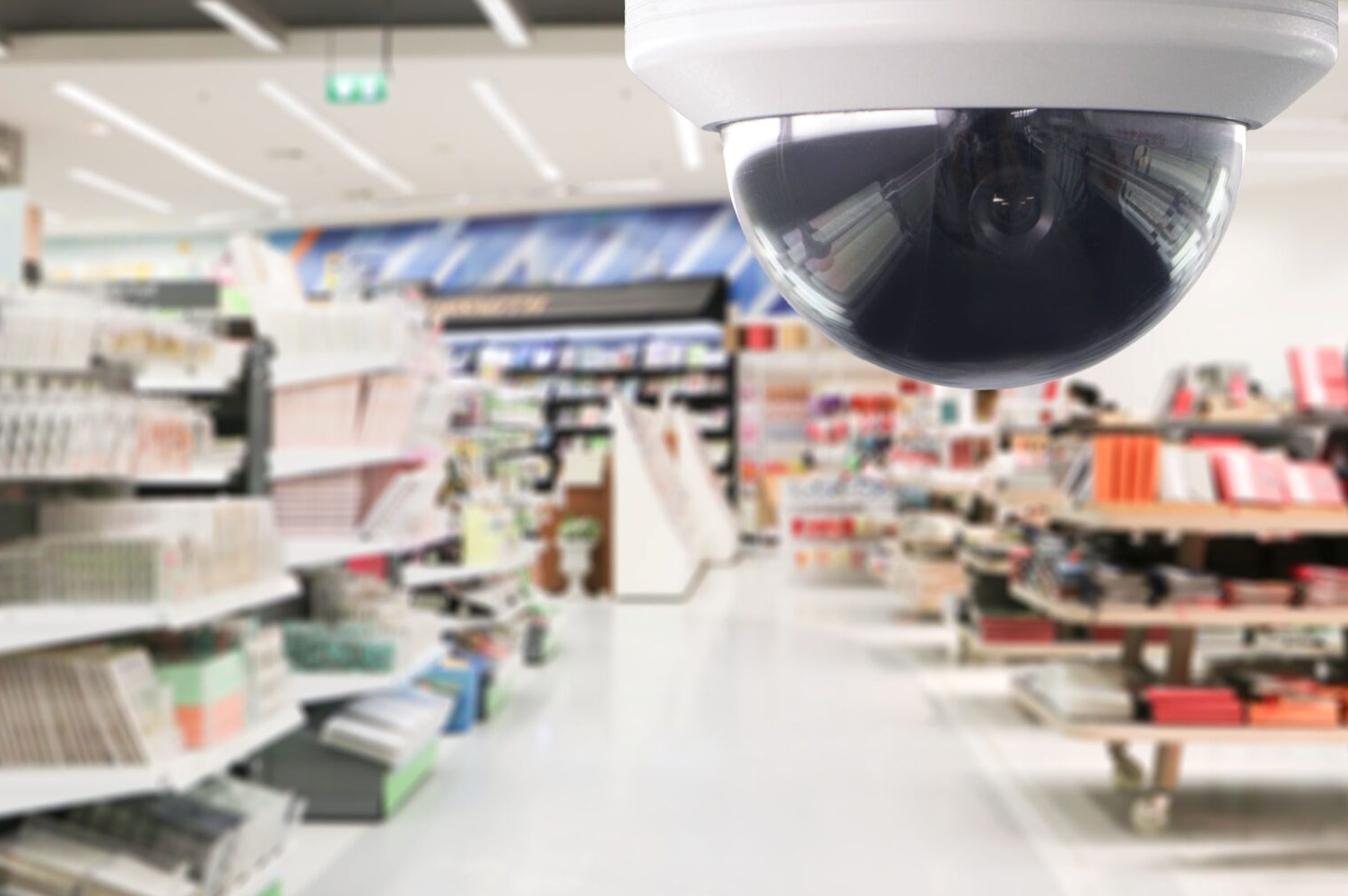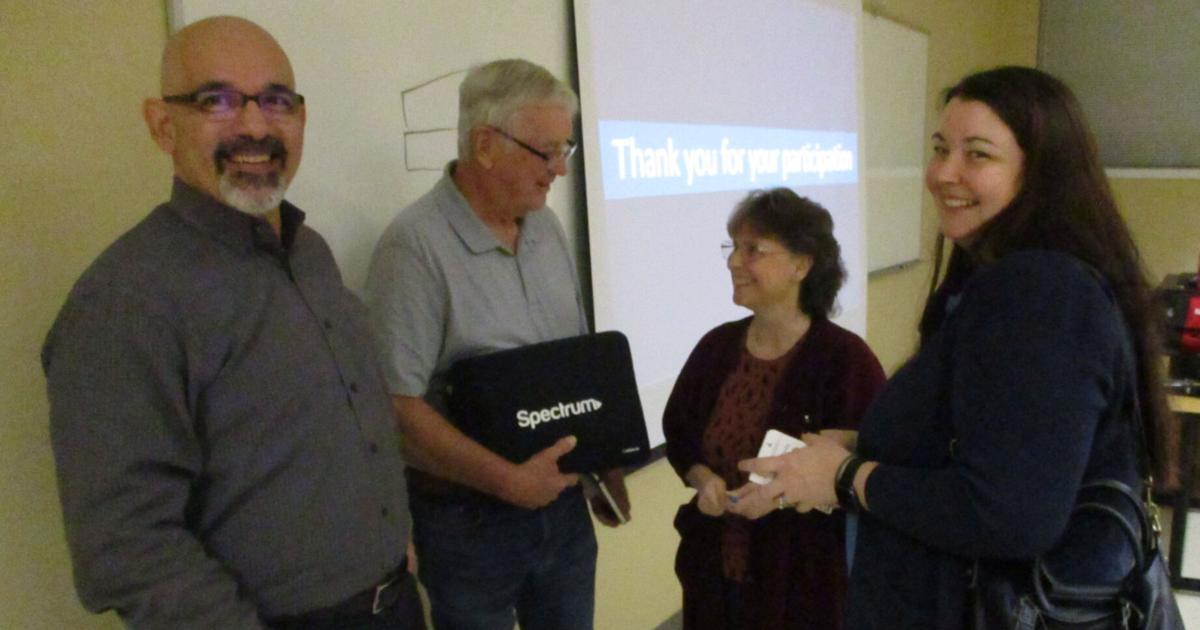Does Australia Need A ‘Cyber Trust’ Label For Security Products? – channelnews
Australian homes as well as businesses, are facing a crisis especially households or factories that have invested in high-risk Chinese products or have devices with the Chinese manufactured Quectel or Fibcom modules built in with questions now being asked to whether Australia needs a Cyber Trust Mark” label for devices sold at retailers as well as IOT devices sold into businesses.
What Australians are not realising is that they are increasingly buying Internet-connected “smart” devices that are vulnerable to hackers claim experts.
Currently Officeworks is selling security cameras manufactured by Chinese Company Hikvision who own the consumer brand EZVIZ. Hikvision products are banned in Australia, the USA, the UK, and several other Countries.
Another questionable Chinese consumer brand is Anker manufactured Eufy who security cameras are sold at Bunnings and JB Hi Fi.
Because of new security risks experts are now claiming that beefed-up security standards will be necessary to address the growing threats from criminals, hostile governments such as South Korea and Chinese hacking groups as well as Russian and East European hacking gangs as well as State sponsored hacking teams who have been identified as being responsible for major hack attacks on Countries such as Australia, the USA, France and the UK.
Public fears about cybersecurity were stoked in Australia earlier this year with attacks on Optus Telstra, and Medibank, this has seen Australian authorities move to set up security task forces, with the Federal Government currently recruiting people with hacking experience.
Closer to home, hackers have used Ring cameras and Eufy products to spy on kids and even lure them into creepy conversations.
Only this week a mother reported hearing a voice talking to their child in a cot at an NSW home early in the morning.
In the USA Mike Gallagher, the chairman of the House Select Committee on China, is among a growing group of policymakers focused on so-called “Internet of Things,” or IoT devices, which generally are understood as non-computer devices with a web connection.
Examples range from smart TVs, wearable fitness trackers, doorbell cameras, and thermostats to control…


